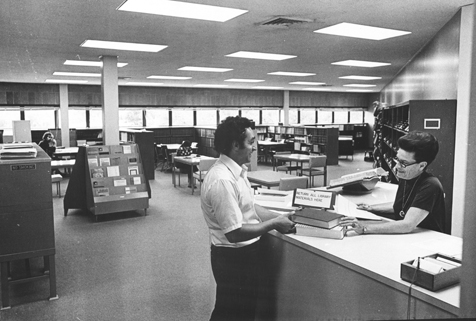
Faculty Research 1970 - 1979
Control of proliferation and differentiation in B lymphocytes by anti-Ig antibodies and a serum-derived cofactor.
Document Type
Article
Publication Date
1978
Keywords
Animals-Newborn: im, Anti-Antibodies, Antibody-Formation, B-Lymphocytes: im, Blood-Proteins, Cell-Differentiation, IgD, IgM, Immunoglobulins-Surface, Lipopolysaccharides: ai, Lymphocyte-Transformation: de, Mercaptoethanol, Mice, Mice-Inbred-C3H: im, SUPPORT-U-S-GOVT-P-H-S
First Page
2401
Last Page
2405
JAX Source
Proc-Natl-Acad-Sci-USA. 1978 May; 75(5):2401-5.
Abstract
The effects of various anti-Ig antibodies on different B lymphocyte functions were investigated. With the proper accessory cofactor(s) derived from serum, anti-IgM antibodies induced a vigorous proliferative response in normal adult murine B cells, while polyspecific anti-Ig and anti-IgD had no effect. Without the required cofactor, all three anti-Ig antibodies were inhibitory for mitogenic responses. All three anti-Ig antibodies were also inhibitory for mitogen-induced antibody responses with or without the cofactor. Even with the required cofactor, neonatal B cells as well as adult C3H/HeJ B cells were not triggered into proliferation by anti-IgM. Finally, the cofactor required for anti-IgM-triggered mitogenesis was shown to be generated from serum by 2-mercaptoethanol and to be approximately 65,000 in molecular weight. These results indicate that, for at least some responses, B lymphocyte surface IgM molecules are involved in both triggering and suppression, depending both on the developmental state of the B cell and the presence or absence of accessory influences. In these experiments, IgD gave evidence only of being suppressive.
Recommended Citation
Sidman CL,
Unanue ER.
Control of proliferation and differentiation in B lymphocytes by anti-Ig antibodies and a serum-derived cofactor. Proc-Natl-Acad-Sci-USA. 1978 May; 75(5):2401-5.

